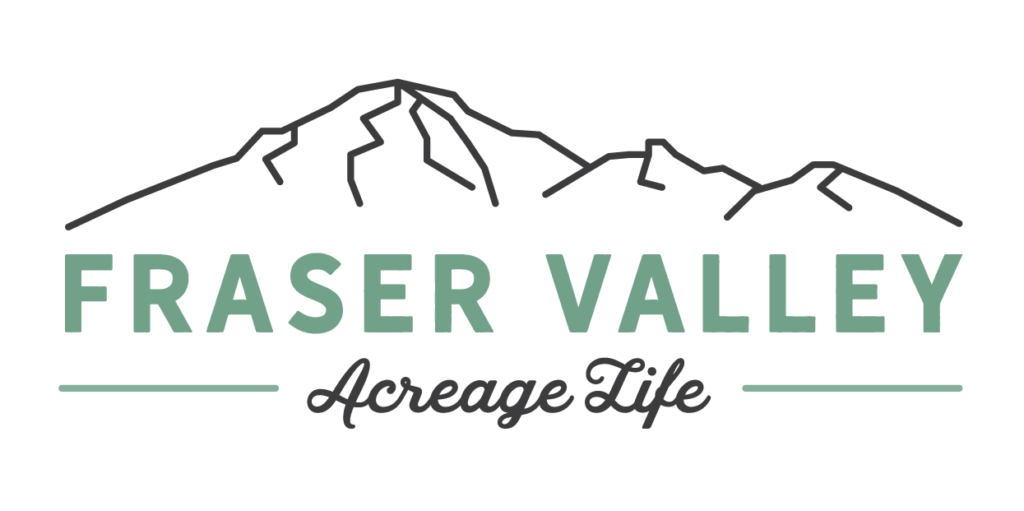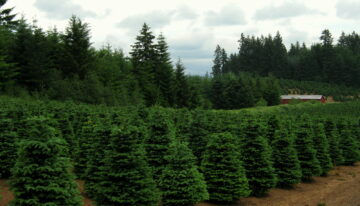Financial Benefits of Farms vs. Hobby Farms!
There are a growing number of hobby farms in the urban fringe. This is due to the lower tax on farmland. In some jurisdictions, the level at which you qualify for preferential taxation rates is set deliberately low. This is being done to encourage the use of land for agricultural purposes.
Tax Laws
Many people in B.C. don’t properly understand the Canadian Revenue Agency (CRA) tax laws. They believe that anyone who has livestock and/or grows fruits and vegetables, qualify as Hobby Farms. They believe that when they achieve this status, they automatically receive property tax deductions as well as expenses. This is entirely untrue.
Farm or Hobby Farm?
Hobby farms can’t deduct any farming expenses or property tax deductions. CRA views them as being entirely for personal benefit. If a farm is run for profit, it’s no longer a hobby farm. It’s categorized as a full or part-time farm. In that case, you can deduct expenses and get a break on property taxes. If you ever intend to sell eggs, chickens, milk, goats, horses, hay, jams, sweaters, fruits, vegetables or anything produced by your farm, never advise the CRA that you consider it a hobby farm. Always have proper supporting documentation to support your expectation of profit.
Determining whether you operate a full-time farm, part-time farm, or hobby farm can be difficult to define. That’s because the Income Tax Act doesn’t clearly define what a full-time, part-time or hobby farmer is.
Business Losses
Business losses created on or after 2006 can be carried forward for 20 years. Losses occurring prior to 2006 are limited to a 10-year carry forward.
Establish your hobby farm operation as full-time if your business has losses about to expire. It’s possible to renew, making them available for an additional 20 years.
You have a June 15 deadline for your personal income tax returns if you or your spouse are self-employed. Any taxes owing are still due on April 30. CRA will charge interest for unpaid taxes as of April 30. It is advisable to pay monthly installments.
So how are expenses reported? If the activities are business expenses, with the intention of making a profit, all of the expenses can be claimed. Losses can be applied to other income.
Do your research in order to make an educated decision, based on your needs and ambitions for your farm.
Farming Income
Canada Revenue Agency is clear on what farming income is. When preparing and filing taxes, farming income is any money that comes from these activities:
Soil Tilling
Raising Poultry
Racehorse Maintenance
Dairy Farming
Raising and/or Showing Livestock
Fruit Farming
Beekeeping
Raising Fish
Operating a Feedlot
Aquaculture and other related activities.
When applying farm losses to other years, the deducted amount cannot exceed the farms net income. Losses can only reduce it to zero.
Your agribusiness is considered to be a hobby farm if the farm is used for personal reasons rather than a business. A hobby farm is not expected to be profitable. As a result, any farm losses are not deductible.
Therefore, direct expenses are claimed against any income from farm activities. Up to but not exceeding the income declared.
In conclusion, anyone who has the intention of making a living from their farm, needs to know the importance of NOT being classified as a hobby farm by the CRA.




